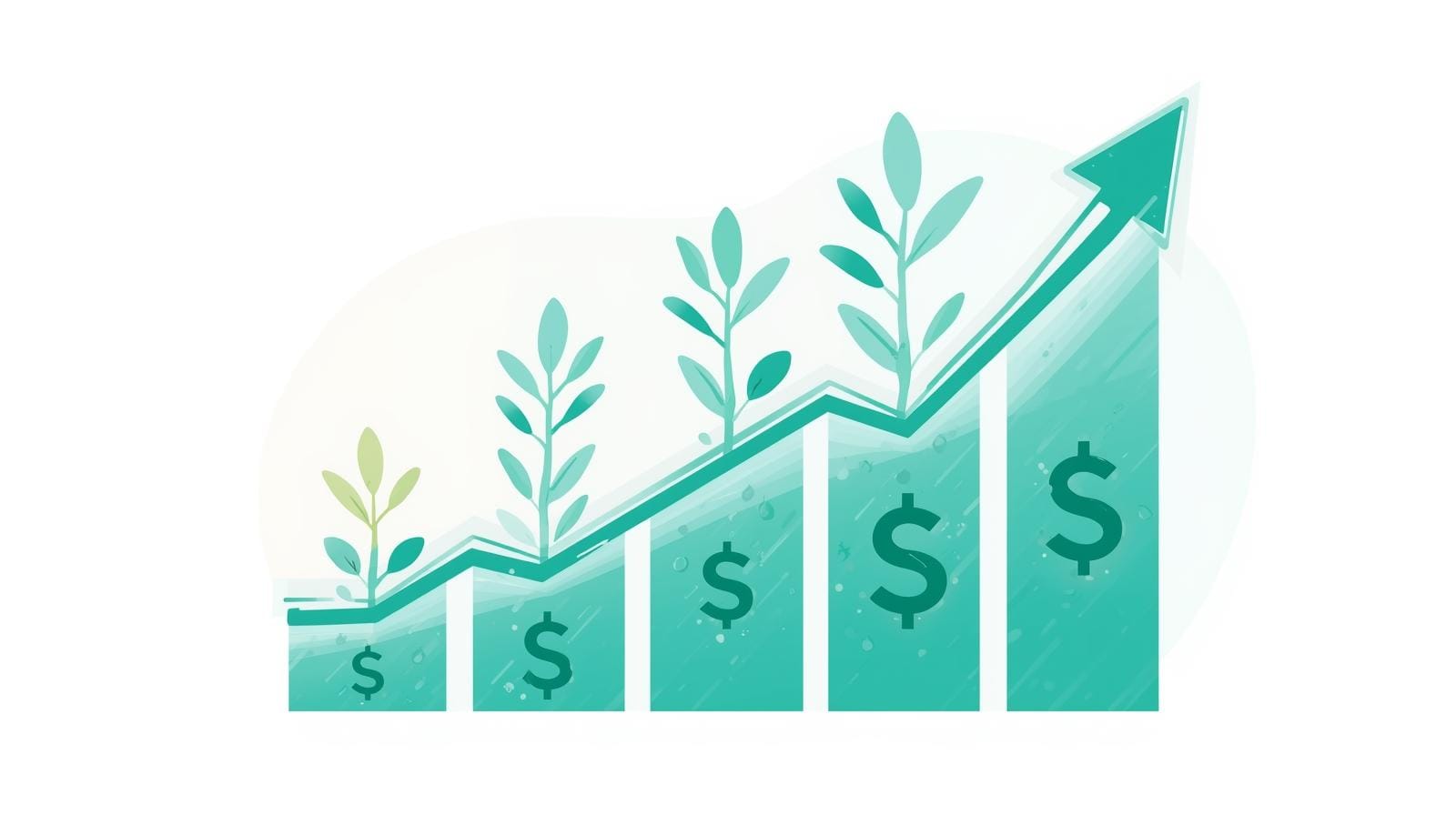Fitted Instantaneous Forward Rate 1 Year Hence
This dataset tracks fitted instantaneous forward rate 1 year hence over time.
Latest Value
3.63
Year-over-Year Change
-4.01%
Date Range
1/2/1990 - 8/1/2025
Summary
The Fitted Instantaneous Forward Rate 1 Year Hence measures the expected short-term interest rate one year from now, as implied by the current yield curve. This forward rate metric is a key indicator for monetary policy analysis and assessing the future path of interest rates.
Analysis & Context
This economic indicator provides valuable insights into current market conditions and economic trends. The data is updated regularly by the Federal Reserve and represents one of the most reliable sources for economic analysis.
Understanding this metric helps economists, policymakers, and investors make informed decisions about economic conditions and future trends. The interactive chart above allows you to explore historical patterns and identify key trends over time.
About This Dataset
The Fitted Instantaneous Forward Rate 1 Year Hence represents the interest rate that would equate the price of a one-year forward contract to the price of a one-year spot contract, given the current shape of the yield curve. It provides insights into market expectations of future short-term rates and helps policymakers evaluate the stance of monetary policy.
Methodology
The data is calculated based on a fitted yield curve model using market information on Treasury securities.
Historical Context
Central banks and analysts closely monitor the forward rate to understand the market's outlook on future monetary policy.
Key Facts
- The forward rate is a market-based estimate of future short-term interest rates.
- It helps assess the likely future path of monetary policy and short-term interest rates.
- The forward rate is a key input for fixed-income portfolio management and risk assessment.
FAQs
Q: What does this economic trend measure?
A: The Fitted Instantaneous Forward Rate 1 Year Hence measures the expected short-term interest rate one year from now, as implied by the current yield curve.
Q: Why is this trend relevant for users or analysts?
A: This forward rate metric provides insights into market expectations of future monetary policy and short-term interest rates, which is crucial for economic analysis and investment decisions.
Q: How is this data collected or calculated?
A: The data is calculated based on a fitted yield curve model using market information on Treasury securities.
Q: How is this trend used in economic policy?
A: Central banks and analysts closely monitor the forward rate to understand the market's outlook on future monetary policy and assess the appropriate stance of interest rates.
Q: Are there update delays or limitations?
A: The data is published regularly by the Federal Reserve, but may be subject to revisions and can be influenced by market liquidity and other factors.
Related News

U.S. Home Sales Decline In August Due To High Prices
August 2023 U.S. Home Sales Decline Amid Rising Mortgage Rates and High Prices In August 2023, U.S. home sales experienced a notable decline, highlighting a distressing trend in the housing market. Homeownership is more costly these days. High home prices and soaring 30 year mortgage rates, combined with limited housing inventory, pose significant challenges for potential buyers and cast a shadow on economic recovery efforts. Many potential homebuyers find themselves increasingly priced out of

U.S. Housing Market Faces Threats Beyond Fed's Impact On Mortgage Rates
Unfocused Interest Rates and the Real Threats in the Housing Market The fluctuations in the 30 year mortgage rates have long been a focal concern for the US housing market, but they may not be the most significant threat. As we delve deeper, it becomes apparent that the real dangers are lurking beyond these superficial numbers. With the current interest rates climate being only one piece of the complex puzzle that defines the housing landscape, stakeholders must widen their perspective. There's

Falling Mortgage Rates: Expert Advice for U.S. Homebuyers and Sellers
Expert Tips for Homebuyers and Sellers as Mortgage Rates Drop Mortgage rates are making headlines as they continue to decline, promising significant impacts on both homebuyers and sellers. These shifts in the real estate landscape invite a closer look at how adjustments in economic indicators, such as the federal funds rate and the 10-year treasury yield chart, are playing a part in this development. The U.S. housing market is reacting in intriguing ways, offering potential advantages for those

US Housing Giant Hopes Fed Policies Boost Sagging Profits
Revitalizing S&P 500 Housing with Federal Reserve Policies The primary keyword, "Treasury Yield," has become an increasingly critical focus within the realm of the S&P 500 housing market. Current fluctuations in bond rates, particularly the 10-year bond rate, are causing waves in the already volatile US housing market. This situation is marked by a profit decline experienced by major housing giants, as economic uncertainty steers investor confidence. The Federal Reserve's policies and interest

Impact of U.S. Treasury Yields Rise After Fed Rate Cut
The Impact of a Treasury Yield Rise on the U.S. Economy After a Fed Rate Cut The current rise in the 10-year Treasury bond rate has caught the attention of economists, investors, and policymakers alike. Treasury yields, particularly the 10-year Treasury bond rate, act as a key indicator of the economic outlook in the United States. They affect interest rates, the bond market, and expectations for inflation. Understanding their fluctuations can offer insight into financial markets and help guide

U.S. Treasury Yields Rise After Fed Rate Cut Analysis
Treasury Yields Surge: A Curious Twist in Monetary Policy Amid a surprising financial twist, the current 10 year treasury rate is on the rise even as the Federal Reserve cuts interest rates. This unexpected development has economists scratching their heads, as typically, a cut in the Federal funds rate leads to lower yields. Treasury yields represent the interest rate the government pays bondholders, functioning as a vital signpost for the health of the economy. Generally perceived as one of th
Similar THREEFF Trends
Fitted Instantaneous Forward Rate 10 Years Hence
THREEFF10
Fitted Instantaneous Forward Rate 2 Years Hence
THREEFF2
Fitted Instantaneous Forward Rate 3 Years Hence
THREEFF3
Fitted Instantaneous Forward Rate 4 Years Hence
THREEFF4
Fitted Instantaneous Forward Rate 5 Years Hence
THREEFF5
Fitted Instantaneous Forward Rate 6 Years Hence
THREEFF6
Citation
U.S. Federal Reserve, Fitted Instantaneous Forward Rate 1 Year Hence (THREEFF1), retrieved from FRED.